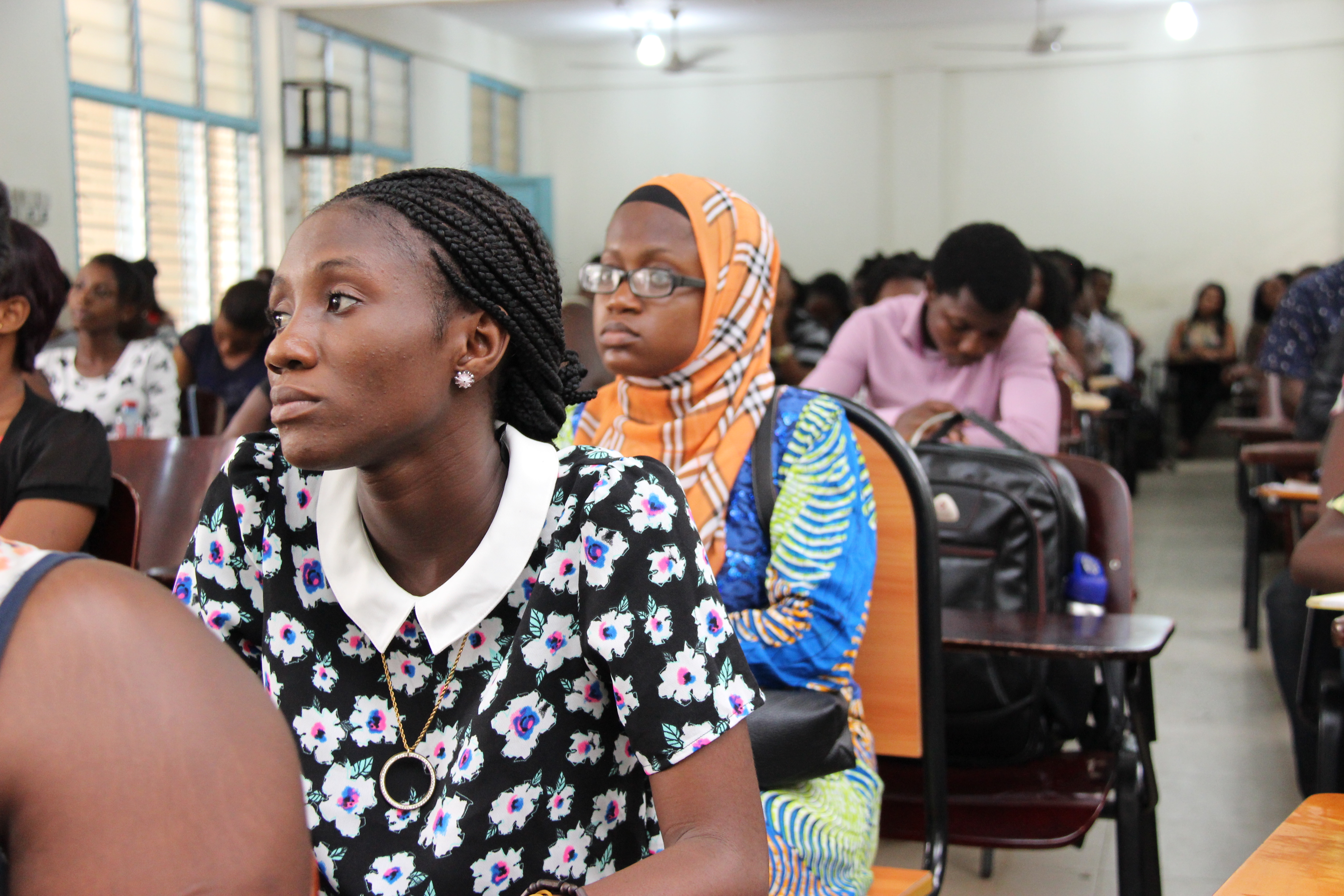Ghana Institute Of Journalism on:
[Wikipedia]
[Google]
[Amazon]
The Ghana Institute of Journalism is a 
public university
A public university or public college is a university or college that is in owned by the state or receives significant public funds through a national or subnational government, as opposed to a private university. Whether a national universit ...
in Ghana
Ghana (; tw, Gaana, ee, Gana), officially the Republic of Ghana, is a country in West Africa. It abuts the Gulf of Guinea and the Atlantic Ocean to the south, sharing borders with Ivory Coast in the west, Burkina Faso in the north, and To ...
. The institute has accreditation from the National Accreditation Board
The Malaysian Qualifications Agency (MQA; ms, Agensi Kelayakan Malaysia) is a statutory body in Malaysia set up under the Malaysian Qualifications Act 2007 to accredit academic programs provided by educational institutions providing post secon ...
.

History
The Ghana Institute of Journalism was established on 16 October 1959 byKwame Nkrumah
Kwame Nkrumah (born 21 September 190927 April 1972) was a Ghanaian politician, political theorist, and revolutionary. He was the first Prime Minister and President of Ghana, having led the Gold Coast to independence from Britain in 1957. An in ...
, the first president of Ghana.
Kwame Nkrumah had a vision to train a patriotic cadre corps of journalists to play an effective role in the emancipation of the African continent hence established the Ghana Institute of Journalism.
The school was formally called School of Journalism which was a department at the Accra Technical Institute now Accra Technical University. The school had Mr Richard McMillan who was then due for retirement as the Director of the British Information Services
British Information Services (BIS) was an overt propaganda organization that was part of the Foreign and Commonwealth Office of the government of the United Kingdom.
BIS was initially formed in 1941 as an organization to promote British interests ...
in Ghana as its first principal and journalism tutor.
In 1974, the National Redemption Council (NRC) passed a legislative instrument (NRCD 275) formally establishing the Ghana Institute of Journalism. The decree set as objects of the Institute the following:
# To train young men and women in the skills and techniques of journalism, mass communication, advertising and public relations.
# To organize classes, lectures, seminars, demonstrations, experiments, researches and practical training in all aspects of journalism and mass communication.
University charter
The school got its presidential charter establishing it as a university in 2009.Directors/rectors
Richard McMillan served as the first principal of the Ghana Institute of Journalism. In 1959 when GIJ was established, he was then retiring as Director of British Information Services in Ghana. McMillan, who also taught journalism, served for three years as principal—until 1962. Today the GIJ library is named the Richard McMillan Library in honour of the institute's first principal.Programs
The school runs Diploma, Bachelor of Arts and Masters programs. * The Diploma Program is a 2-year program consists of communication, social sciences and arts subjects. * The Bachelor of Arts program is a 4-year program with options of specializing in either Journalism or Public Relations. * The Masters Programs is a 1-year program with options to specialize in Public Relations, Journalism, Media Management and Development Communication. *Controversies
The management of the university was labeled as 'insensitive' to the hardship caused by theCOVID-19 pandemic
The COVID-19 pandemic, also known as the coronavirus pandemic, is an ongoing global pandemic of coronavirus disease 2019 (COVID-19) caused by severe acute respiratory syndrome coronavirus 2 (SARS-CoV-2). The novel virus was first identif ...
after the school increased its facility user fees for 2020/21 academic year. It led to a protest on social media and the decision was later reversed.
The management of the institution asked students who paid their fees late to defer their courses for the academic year. The students protested and accused the management as 'unfair' and 'insensitive' as they were not aware of the consequences. Some students were denied access to the two campuses of the institution. The management later allowed the students to register for their end-of-semester exams.
Amnesty for non graduating students
In November 2020, students who had not been able to graduate since 2013, were given the opportunity by the academic board to register and complete their programs. This was to be done within three years.References
{{Authority control Universities in Ghana Educational institutions established in 1959 1959 establishments in Ghana